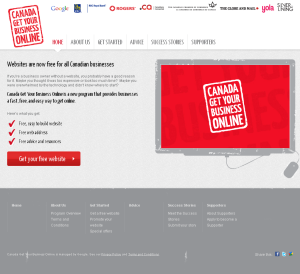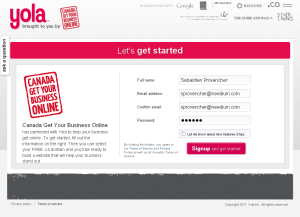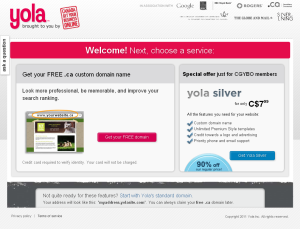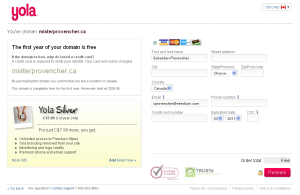In less than two weeks, BIA/Kelsey is organizing its ILM (stands for Interactive Local Media) West 2012 Conference, a must-attend for anyone in the local media space. Held from December 4 to December 6 in Los Angeles, the team has put another yet another great line-up of speakers and panelists.
As I will be attending, I’ve put together a list of “can’t miss” keynotes and panels:
Day 1 (December 4)
- The ILM West Kickoff: The View From BIA/Kelsey. That’s when the analysts share interesting data on “local”. Helpful for all those PowerPoint presentations you’ll be preparing in 2013
- Opening Keynote: Bill Gross, CEO, Idealab. Bill Gross. ‘Nuff said.
There’s also panels on venture capital, on sales transformation and on innovative startups. Those are often “hit or miss” but you never know.
Day 2 (December 5)
- The Google Executive Interview: Todd Rowe, Managing Director – SMB Global Sales, Google. Should be good.
- Keynote: Jason Finger, CEO, CityGrid. Definitely interested to hear what CityGrid is up to. They’ve been silent recently.
- SuperForum: Mobile’s Impact on Interactive Local Media: National to Local. Those 4 mini-sessions all focus on local and mobile.
- Afternoon Keynote: David Krantz, CEO, YP. Like CityGrid, interested to hear the latest news at YP.
- Targeting Local Audiences: Hollywood Shows the Way. Ah, I love when they bring new industries to the table. Lots to learn usually.
Day 3 (December 6)
- A Discussion With Ben T. Smith IV, CEO, Wanderful Media. This one should be very very interesting. Ben’s company has been very active lately, including a huge $22M funding roundfrom newspaper companies in September.
- Keynote Speaker: Dan Levy, Director, Global SMB Markets, Facebook. Facebook doesn’t usually share a lot of new information in these conferences, so stay tuned.
If you want to connect when I’m there, don’t hesitate to ping by e-mail: sprovencher AT gmail
In addition to the conferences, the event is great for networking. If you’re planning to attend and haven’t booked your ticket yet, Use my personal code to get $200 off the registration fees: ILMWSEB





